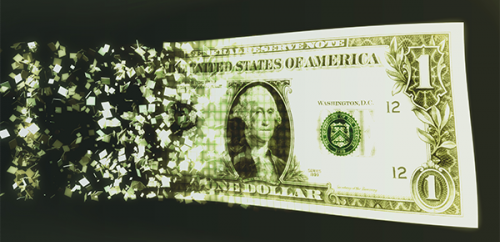In response to proposed legislation imposing a tax on Internet use, tens of thousands of Hungarians have taken to the streets to protest this new tax. These protests raise an important question – what would happen in the United States if the FCC were to impose a tax on Internet access services?
Unfortunately this is not a hypothetical question. While Congress generally is responsible for assessing taxes, the FCC requires all telecommunications carriers to contribute to the federal Universal Service Fund (USF). And if the FCC decided to regulate broadband as a Title II telecommunications service, customers for the first time would see the USF contribution fee assessed on their broadband bills.
Currently, the USF contribution fee is 16.1 percent of interstate telecommunications revenue. If broadband were considered an interstate telecommunications service, ISPs would be required to pay an assessment on this revenue, which would then be passed on to customers. At the current contribution level, if the average broadband monthly price is around $45, that bill would pop up by $7.25 per month! As one former FCC commissioner recently observed, imposing Title II “would be perhaps the largest, one-time tax increase on the Internet.”
Compounding the problem, reclassification of broadband as a telecommunications service also could trigger a myriad of new taxes and fees by state and local governments. Adopting a policy that triggers these new taxes and fees directly undermines the efforts of the FCC and the industry to promote broadband adoption. Based on the FCC’s own research into broadband price sensitivity, these fee increases all but ensure that millions of non-adopters will not be brought online.
Subjecting broadband to Title II regulation will raise the cost of broadband service for all Americans, depress interest among non-adopters, and be sure to generate intense backlash from American consumers. Before going down this road, the FCC should chart a smarter course.
